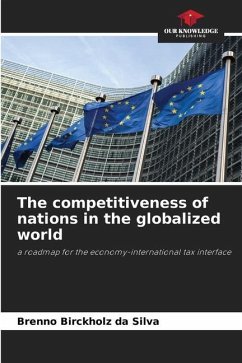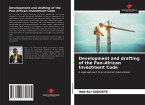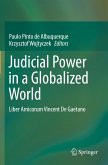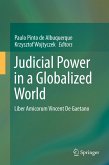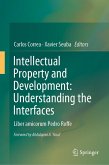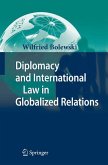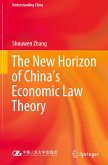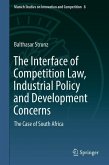In the field of international taxation, it is assumed that CFC rules generally lead to an effective increase in the costs of capital. Although the existence of correlative effects between the anti-avoidance legislation CFC rules and the artificial modulation of the decisional behavior of investors is undeniable, the direction of this behavior has demonstrated specific parameters in the recent econometric analysis, insofar as a conjunction of variables, harmonized to the standards of different CFC rules, in its different parameters, have been considered. From a behaviourist point of view, this ratifies the conclusion, of that this legislation is effectively combative to the artificial detour of profits abroad. It further demonstrates the potential readjustment of multinational financial engineering to new tax-limit parameters in low-tax jurisdictions ("tax trigger"). Finally, it reveals that distinct CFC rules can generate similarly distinct outcomes, influencing the economic-rational behavior of agents in varying modulations and perspectives.
Bitte wählen Sie Ihr Anliegen aus.
Rechnungen
Retourenschein anfordern
Bestellstatus
Storno

